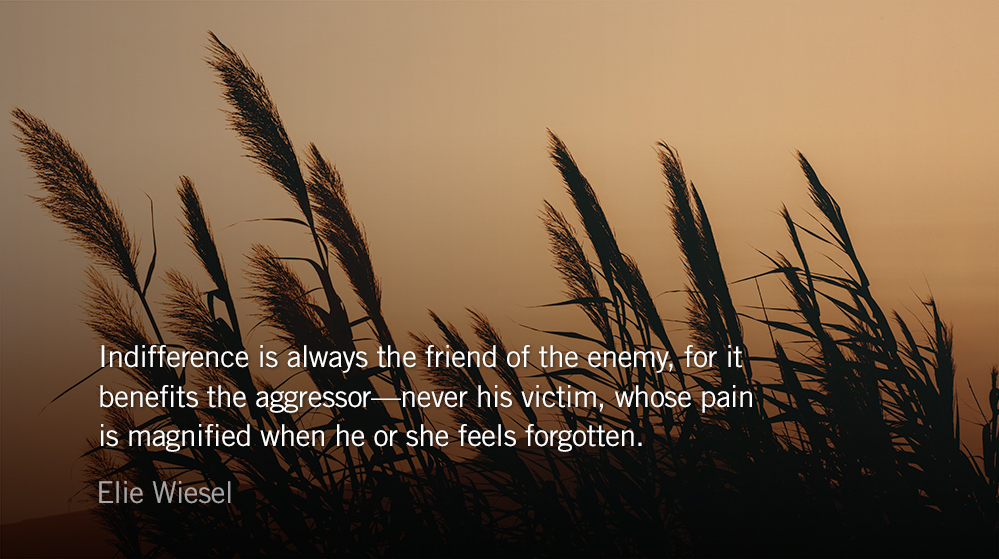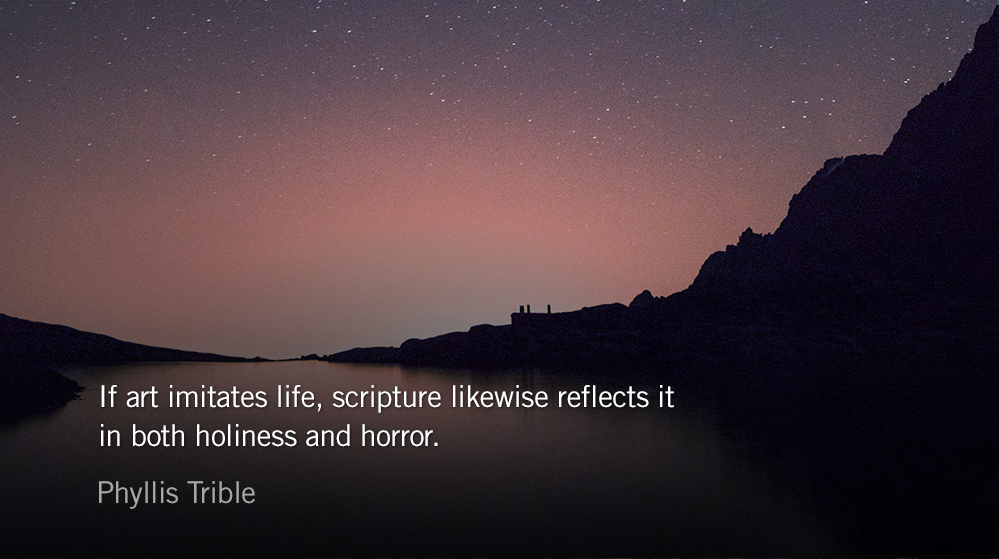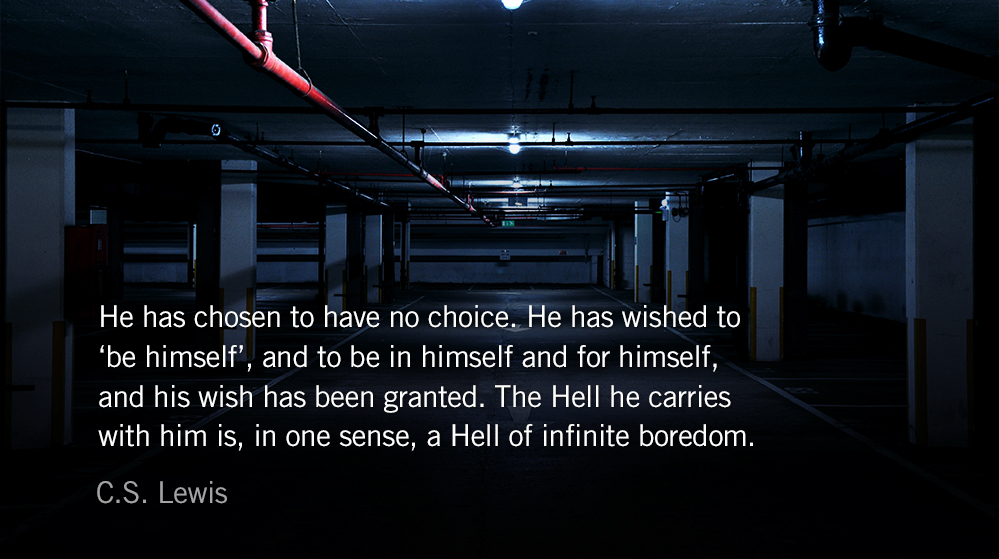No half-heartedness and no worldly fear must turn us aside from following the light unflinchingly.
― J.R.R. Tolkien
Scripture: Genesis 40.23
Yet the chief cupbearer did not remember Joseph, but forgot him.
Reflection: Dare to Act
By Søren Kierkegaard
Can there be something in life that has power over us which little by little causes us to forget all that is good? And can this ever happen to anyone who has heard the call of eternity quite clearly and strongly?
If this can ever be, then one must look for a cure against it. Praise be to God that such a cure exists—to quietly make a decision. A decision joins us to the eternal. It brings what is eternal into time.
How wretched and miserable it is to find in a person many good intentions but few good deeds. And there are other dangers too, dangers of sin. With all your good intentions, you must not forget your duty, neither should you forget to do it with joy. And strive to carry your burdens and responsibilities in a surrendered way. If you don’t, there is a danger of losing your decisiveness; of going through life without courage and fading away in death.
Whoever remains faithful to his decision will realize that his whole life is a struggle. Such a person does not fall into the temptation of proudly telling others of what he has done with his life. Nor will he talk about the “great decisions” he has made. He knows full well that at decisive moments you have to renew your resolve again and again and that this alone makes good the decision and the decision good.
We must not support high and important things while ignoring the practical, daily stuff of life. Indeed, decision is some thing truly great; the life of eternity shines over decision. But the light of eternity does not shine on every decision.
Therefore, dare to renew your decision. It will lift you up again to have trust in God. For God is a spirit of power and love and self-control, and it is before God and for him that every decision is to be made. Dare to act on the good that lies buried within your heart. Confess your decision and do not go ashamed with downcast eyes as if you were treading on forbidden ground.
Prayer: The Request for Presence
Early in the morning I cry out to you, for in your word is my trust. Psalm 119.147
– From The Divine Hours: Prayers for Springtime by Phylis Tickle
Full prayer available online and in print.
Today’s Reading
Genesis 40 (Listen – 2:59)
Mark 10 (Listen – 6:42)






